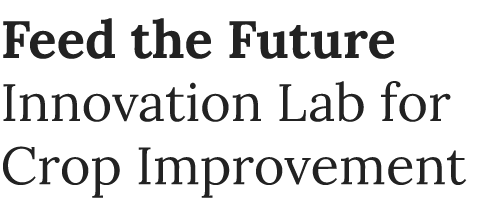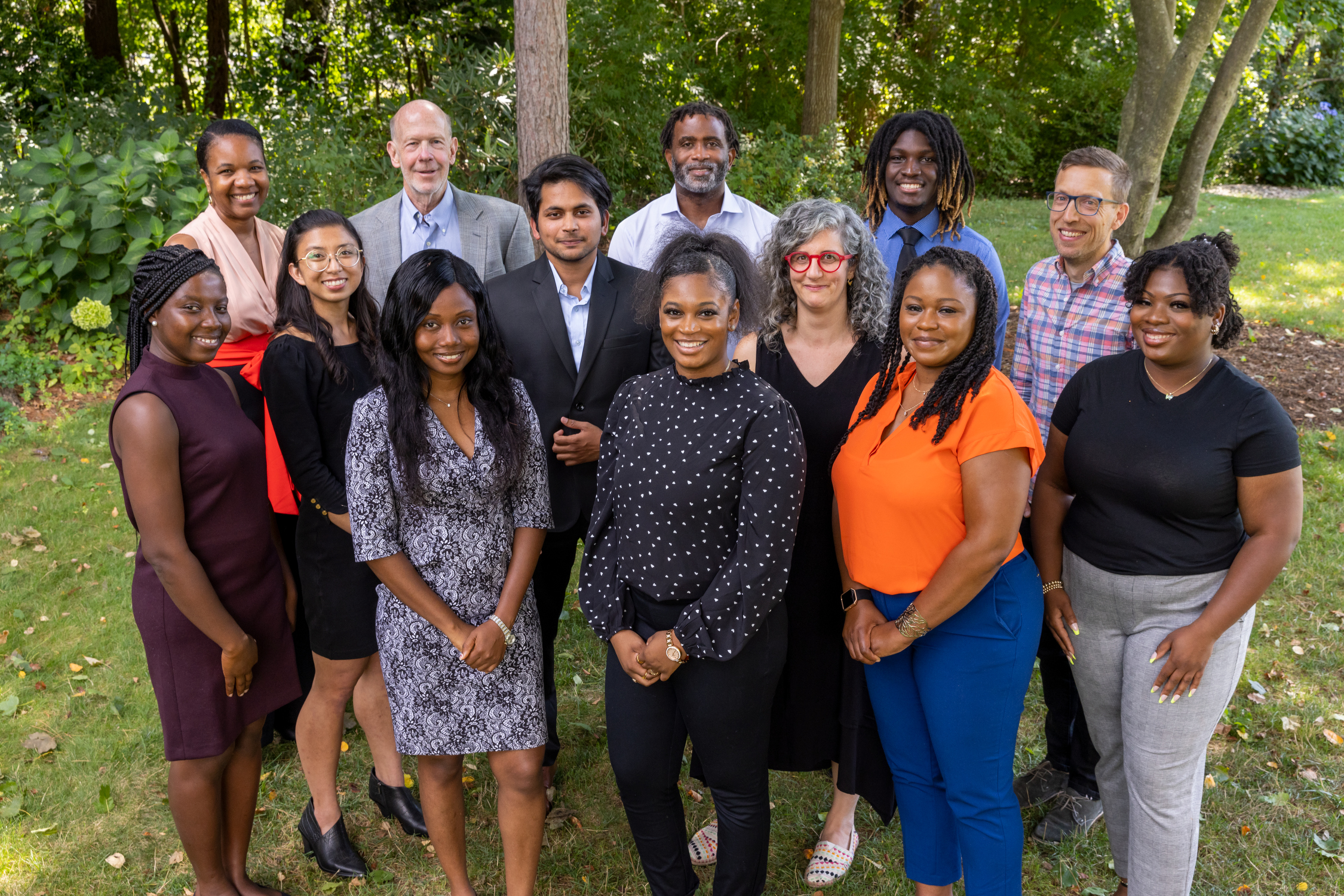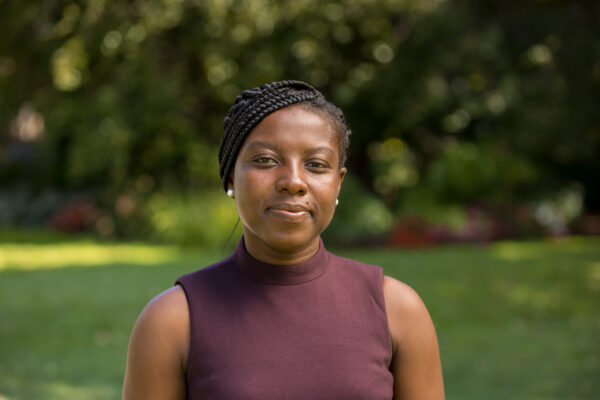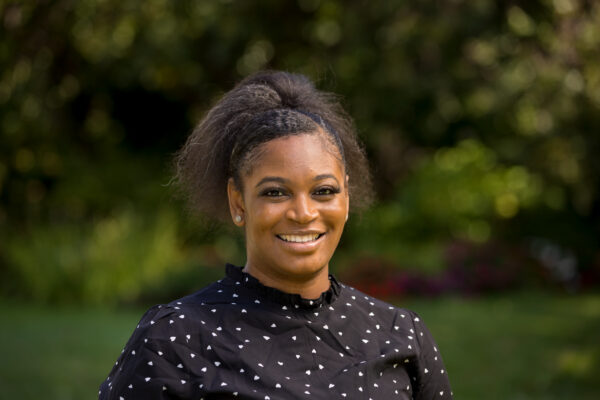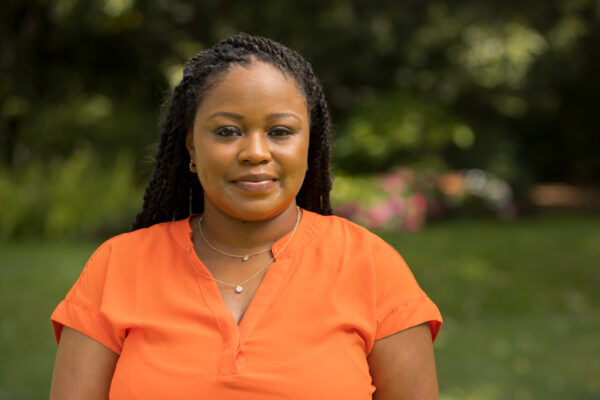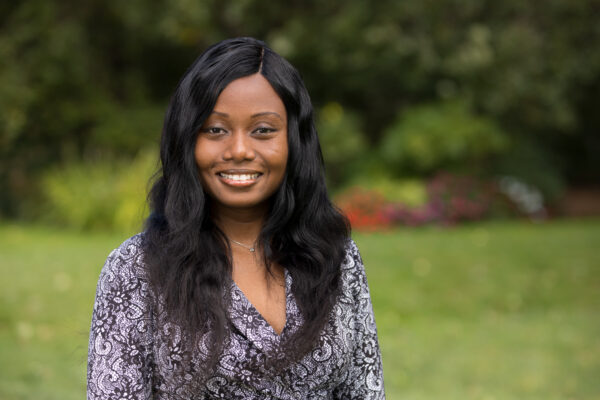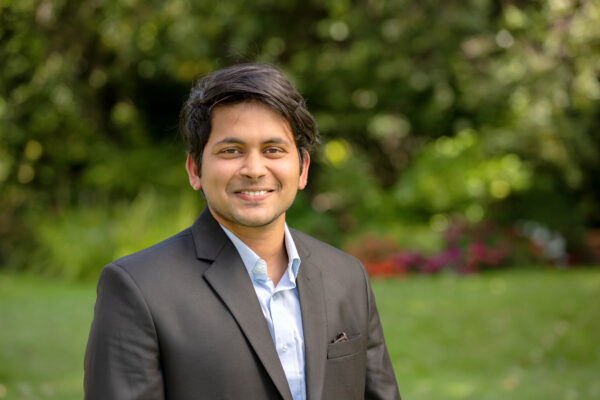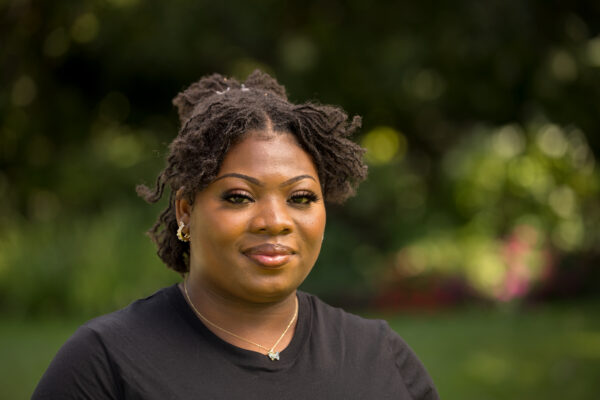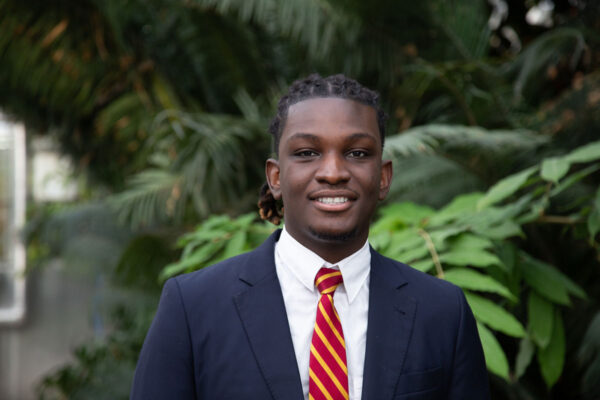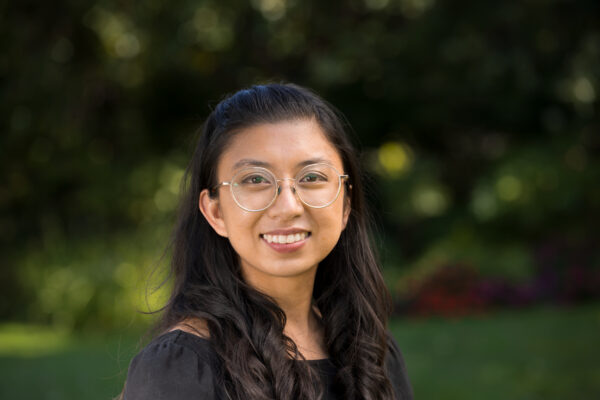When the first eight Thomas Wyatt Turner Fellows arrived at Cornell University in the summer of 2022, they launched a new program for creating the next generation of leaders in agricultural research aimed at promoting sustainable and equitable development in the U.S. and internationally, while also fostering collaborations with Minority-Serving Institutions (MSIs) that can challenge conventional research structures.
One year later, those students from five MSIs — Delaware State University, North Carolina A&T State University, Tennessee State University, Tuskegee University and Virginia State University — emerged as the inaugural cohort of students from underrepresented backgrounds engaging in research and capacity development activities at Cornell.
Offered through the Feed the Future Innovation Lab for Crop Improvement (ILCI), the Turner Fellowship aims to develop a more diverse, equitable and inclusive talent pipeline within agricultural research for development and related fields, while also increasing collaboration and research between faculty members from Cornell and land-grant Historically Black Colleges and Universities (1890 institutions).
The inaugural cohort marks the opening of a robust effort by the United States Agency for International Development (USAID) and MSI partners to create next generation leadership from 1890 land-grant universities.
The first Turner Fellows — Abigail Ayorkor Armah, Tekiyah Brewley, Karter Couser, Oluwatomi Esther Jacobs, Venkata Hemanth Limmada, Maia Payne, Sanchez Rolle and Lauren San Diego — spent a year at Cornell engaging in research collaborations, study, and mentorship.
“This fellowship has been an incredible opportunity for me to learn, grow, and connect with other professionals in my field,” said Limmada, who during his fellowship year worked with Cornell faculty members Mike Gore and Kelly Robbins on high-throughput phenotyping and the effects of growth and development on interactions in alfalfa and maize. This summer, he will begin an internship with the agricultural sciences company FMC.
The fellowship experience has extended beyond ILCI as well. Over the January break Payne traveled to Malawi with her Cornell mentor, Rachel Bezner Kerr, to visit with a local community organization, Soil, Foods and Healthy Communities (SFHC) and partner with Bezner Kerr on agroecology research through the Farms4BioDiversity project.
The Fellows are now progressing into various opportunities. A few Fellows like Limmada are entering internships in the agricultural and development space, while several are starting doctoral programs or continuing their degree programs.
Jacobs, from Delaware State, studied gene correlation network analysis to understand factors related to drought stress resistance in sugar maples. In the Fall, she will be commencing a Ph.D. program in computational biology at the University of Illinois, Chicago.
“My time at Cornell has come through as an excellent opportunity to learn perspectives towards research, professional development and upskilling in analytics. The fellowship has served as a platform to learn from the best minds in the field, which I am grateful for,” Jacobs said.
The connections built through the Turner Fellowship strengthen agricultural research and have ripple effects in rural development in the U.S. and overseas, said Levon Esters, MSI Partnership Advisor for ILCI. In April, delegations from Delaware State and Tuskegee attended a closing ceremony honoring the Turner Fellows at Cornell.
“The Turner Fellowship accelerates the meaningful engagement that is necessary for people and institutions to thrive and for sustainable agricultural development to make an impact in the world,” Esters said. “I am proud of these Fellows from the first cohort and eager to see more students from underrepresented backgrounds follow in their footsteps in the years ahead.”
The Turner Fellowship is also helping catalyze MSI collaborations across Cornell, jump starting relationship building efforts with Delaware State University and Tuskegee by Cornell programs like the Center for Research on Programmable Plant Systems (CROPPS), and departments like Global Development. Recent exchange visits to Delaware in March and Alabama in November and early May, and from MSI partners to Cornell in late April, have created opportunities for exchange, networking and planning for research collaborations. To date these efforts have already resulted in a Tuskegee-led joint submission including Delaware State and CROPPS for a National Institute of Food and Agriculture (NIFA) NEXTGEN call for proposals.
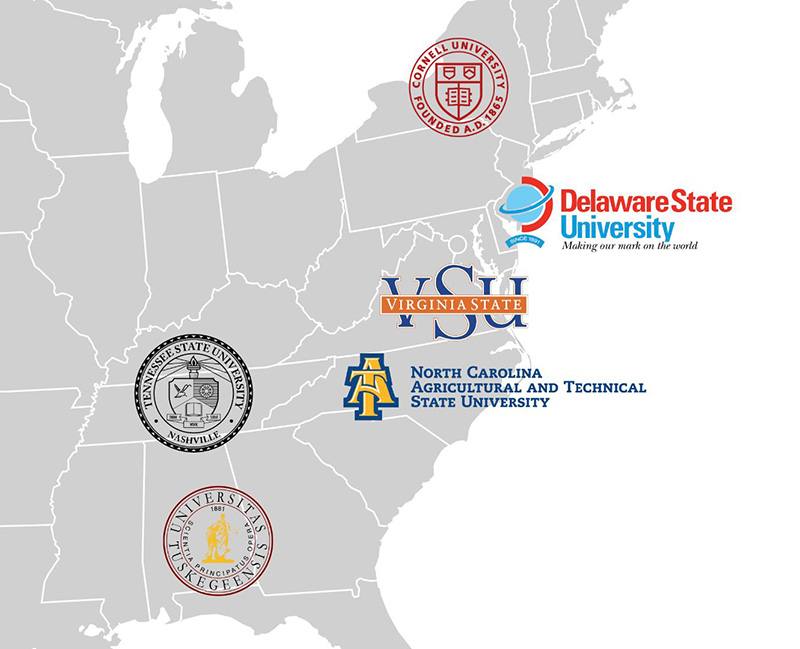
The Feed the Future Innovation Lab for Crop Improvement is helping build bridges between Cornell faculty and 1890 Land Grant University
“That same commitment energizes ILCI’s vision of working with national crop breeding programs in Sub-Saharan Africa, Latin America and the Caribbean to ensure they have the resources, skills and tools to lead in breeding crop varieties that respond to the needs and wants of the most vulnerable communities in their countries,” said Devon Jenkins, program manager for ILCI and the Turner Fellowship. “By ensuring that future agricultural leadership is inclusive and representative, and that MSIs and national breeding programs are driving the research agenda, both the Turner Fellowship and ILCI are working to fulfill USAID’s vision of empowering local communities, and steering research toward equitable outcomes.”
Over the next year the Turner program will focus on faculty-faculty connections, shared research, and institutional bridge building. A second cohort is planned for academic year 2024-2025.
About the Author
Matt Hayes is communications director for the Feed the Future Innovation Lab for Crop Improvement.
For media inquiries or more information, email us at ilci@cornell.edu
